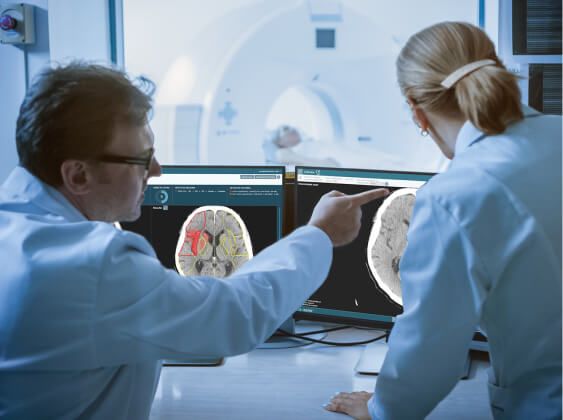Scientists have discovered a new way to fight against cancer
Immune system researchers have developed a new way to create a DNA chain. A distinctive feature of the chain is its construction in the form of a pin. This method will activate the natural immune response to destroy certain cancer cells.
Scientists have discovered a new way of using DNA that will allow to remove cancer cells. With its help, it is possible to implement a revolutionary method of oncological diseases treatment. This method is aimed to fight with cervical and breast cancer of human. In particular, it will make it possible to continue research based on the treatment of melanotic cancer of mice.
How does the new treatment work? It uses a pair of DNA in the form of hairpins, which are inserted into cancer cells and destroy malignant formations. Durind the injection, they bind to molecules called miRNAs. Specifically, these moleculs are produced in large quantities in some types of cancer. After fusing with miRNA, the DNA chains become disentangled and form longer chains, which triggers an immune response. The immune system recognizes the updated cells with miRNA as dangerous. As a result, immunity is activated and neutralizes cancer cells.
(1)2.jpg)
According to the Japanese research group, this method is fundamentally different from the existing ones. It can be the start of the creation of revolutionary drugs to fight against cancer.
The problem of oncological diseases is one of the most critical problems in modern society. Available methods of their treatment have some limitations. Thanks to the creation of drugs based on DNA and RNA, scientists expect to defeat cancer. They have every chance for this, because DNA and RNA are vital molecules that contain information which controls the biological functions of cells. This method can change the future of medicine, since it will help in the treatment of other complex diseases, both genetic and caused by various viruses.
2.jpg)
Previously, the use of DNA and RNA in cancer treatment was complicated by the fact that the immune system has difficulty distinguishing between diseased and healthy cells. What does it mean? The patient's immunity is negatively affected, particularly on healthy cells. The creation of a hairpin-shaped strand of DNA can activate the natural immune response, leading to the destruction of specific cancer cells.
The author of the study aid, Professor Akimitsu Okamoto from the University of Tokyo, believes that the results of the research are great news for patients, doctors, and researchers involved in drug development. The next step should be to create an effective drug. Its properties and possible side effects will be studied in details before the use in medicine. Currently, the research results have been published in the Journal of the American Chemical Society.
Sourse: Independent

 07.02.2023
07.02.2023